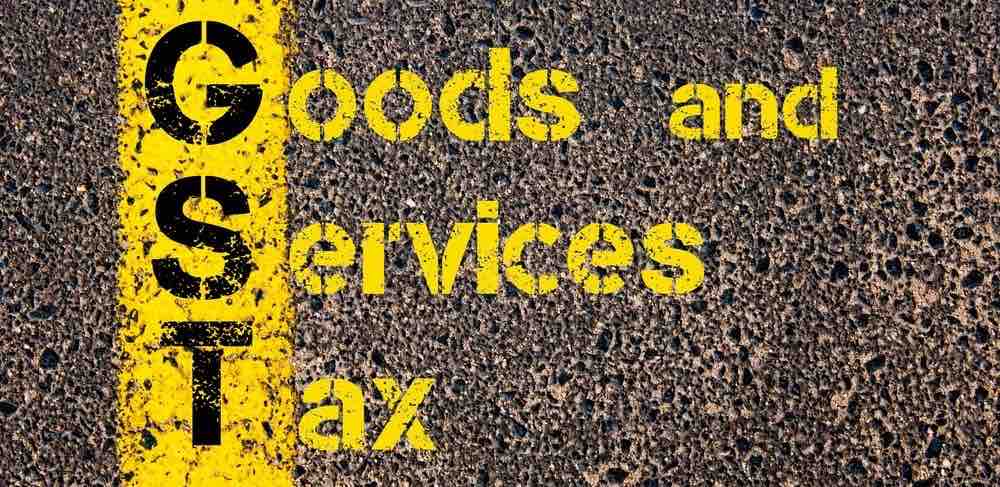Beware Tax Evaders: E-invoice Will Make It Impossible To Evade Taxes; GST Will Become Seamless

In order to pull out an effective tool to curb tax evasion under the Goods and Service Tax (GST) regime, the central government is planning to introduce electronic invoices for business to business sales above a certain turnover threshold, on government or GST portals for every sale made. This will allow the authorities to access the data available right away. This action will come into picture by September. If the B2B sector shows a success, the revenue department will consider to extend this to B2C sales, where the probability of tax evasion is even higher.
The Absolute Need for This
Central Board of Indirect Taxes and Customs (CBIC) had recently reported that between April and February 2018-19, GST evasion of about Rs.20,000 crore was detected, of which Rs.10,000 crore was recovered. Officials estimate that evasion through fake and under-invoicing could be pegged at anywhere between one per cent and five per cent of collection.
This move is in light of the increasing reports of tax evasion cases and arrests made by the department after the rollout of the new tax regime from 1st July 2017. The GST Council has taken a number of measures, like introduction of electronic way bills (e-way), TDS, reverse charge mechanism, to clamp down on tax evasion, which turned out to be inadequate.
By setting up flukes such as fake companies and lack of invoice matching, a lot of tax scams had come into picture, which is now strongly comprehended. Once full e-tax invoice starts getting generated, it would significantly ease burden of return filing by businesses as invoice data would already be captured by a centralised portal. The move will help in curbing Goods and Services Tax (GST) evasion through issue of fake invoices. It would also help in avoiding duplication of efforts and minimise manual intervention in filing and checking of tax returns.
There are over 1.21 crore registered businesses under the GST, of which 20 lakh are under composition scheme.
A Proper Insight To the Steps of Curbing Tax Evasion
The businesses above a specified threshold will get a unique number for every electronic invoice generated, which can be matched with the invoices reported in the sales returned and the taxes paid, maintaining an overall transparency. These businesses would be provided a software that’ll be linked to GST or a government portal for generating the e-invoice.
A finance ministry source reported that the requirement of e-invoice generation could be either on the basis of turnover of the registered person or the value of invoice, so as to avoid the splitting of sales. The e-invoice generation method will be similar to the one being followed for e-way bill on the ‘ewaybill.nic.in’ portal or payment of GST on the GSTN portal.
The revenue secretary is monitoring the progress of implementation of this electronic invoice project, for which an officers’ committee has already been set up.
The proposed ‘e-invoice’ is part of the exercise to check GST evasion. With almost two years into GST implementation, the government is now focussing on anti-evasion measures to shore up revenue and increase compliance. The Tax officials at both the Centre and States have regularly been busting such rackets and these are just the tip of the iceberg. Hopefully, with the implementation of such a process, our government will have invaded the space of technology to combat other evils of society as well.

Comments are closed, but trackbacks and pingbacks are open.